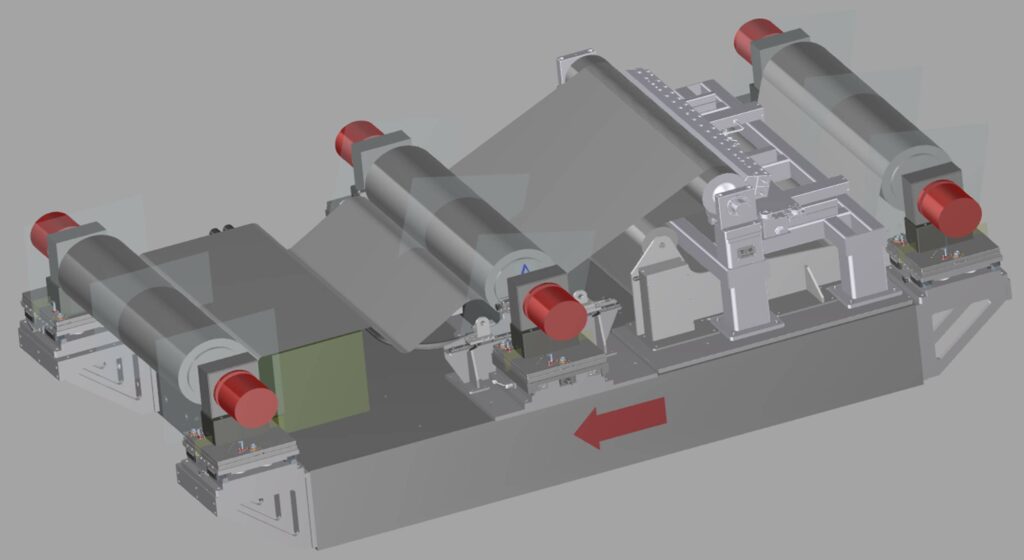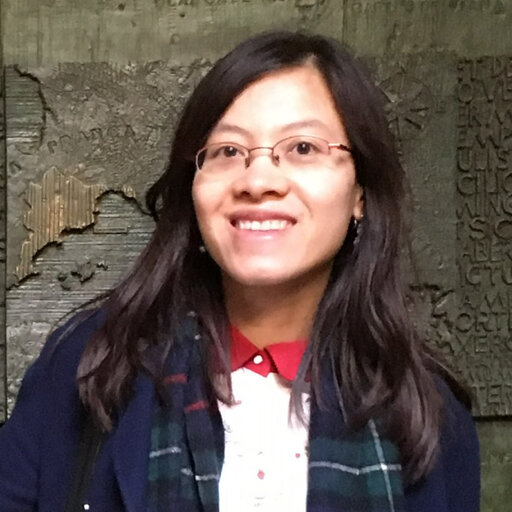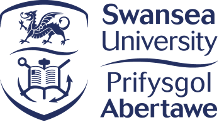Completed: Digital tools for agile waste segregation
In collaboration with the Centre for Process Innovation
This project explored a method for non-destructive separation of various waste types at an industrially viable scale through instrumentation of a conveyor belt which will help the foundation industries to automate their waste segregation. The project demonstrated a novel idea of integrating a fast THz optical sensor with the roll-to-roll system for fully automated waste segregation.
The project investigated the most common types of plastic wastes used for industrial packaging: PVC, NBR, PP, PET and HDPE. THz time-domain spectroscopy was used to acquire the data and signal processing was used to remove background noise. The detector was mounted on a conveyor belt and the measurements were deployed in reflection mode. The measurements can be repeated for multiple points on each sample, in which the number of points depends on the speed of the conveyor belt and the size of the sample.

Although this feasibility study was performed on plastic wastes, it can easily be extended to other industrial wastes generated by the Foundation Industries, including metals, ceramics, glass, chemicals, paper and cement. This helps these industries develop industrial symbiosis such that the waste of one industry becomes raw material for another industry, thus promoting the circularity of the economy. In turn this protects the environment from pollution or contamination, making life more sustainable.
It is anticipated that the greatest impact of this work is the agility of this method in segregating wastes with better confidence level compared to the other existing methods.

Dr. Dinh Nguyen nguyed13@lsbu.ac.uk
London South Bank University
Published: September 23rd, 2022
Posted in
projects





